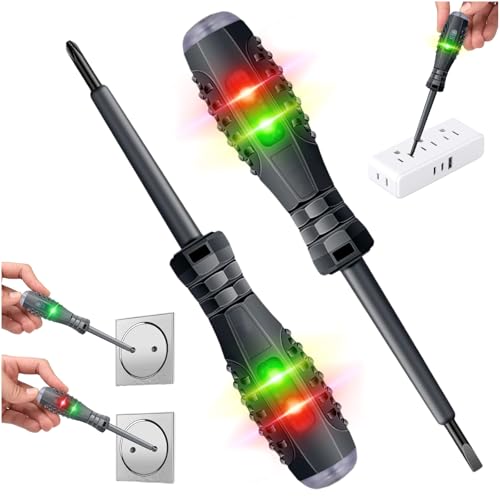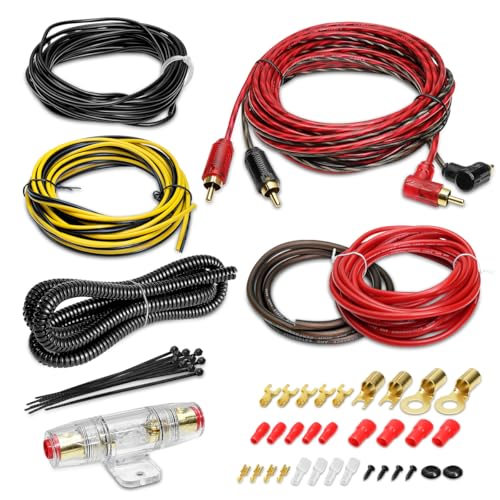phil d
Well-known member
Short courses or fastrack, or whatever they call them these days would have been fine for people who'd been in the industry for years, as say mates, to get their qualifications and so get a job as a spark. These days a lot of those doing fast track may have a piece of paper saying they can do the job but can they? I remember years ago working for one firm, I didn't have my 2391, and the gaffer kept making a big deal of the fact, at every opportunity he'd pipe up, "ah yes, but I've got my 2391, you haven't". One say he asked me to meet him on a job, they'd installed a new boiler and it wouldn't run, he removed the cover and started poking about inside with his meter, about an hour later he was no nearer to getting it running.I'm not saying you don't need to take exams, what I'm saying is that you need to know what you are doing before taking certain exams. If you are newly qualified then in my opinion you don't have the experience to fully understand everything yet so how can you expect to do I&T properly? you cant!
If you don't fully understand how something works, then you can't expect to know how to fix it when it goes wrong. These days there seems to be a culture of collecting bits of paper that say you are qualified to do something without actually having any practical experience, that is what I disagree with.
A while later I decided to put him out of his misery, "you're a core short" I said, he looked at me like I was mad.
"No I'm not, it's got a live from the timer, a neutral and an earth" he replied
There was a block and on this were 4 terminals, L, N,E and SL, he'd wired to the SL,N and E terminals. I took a single core cable and temporarily connected it from the FCU to the L terminal, the boiler ran.
"These boilers need a permanent live for the pump overrun" I told him
"when did you spot that?" he asked
"as soon as you took the cover off" I replied
"why didn't you say something?" he asked
"because, you keep saying you're better than me, as you have your 2391 and I don't" I replied
Funnily enough it was never mentioned again, yes he had the bit of paper, but I had the experience.


































































